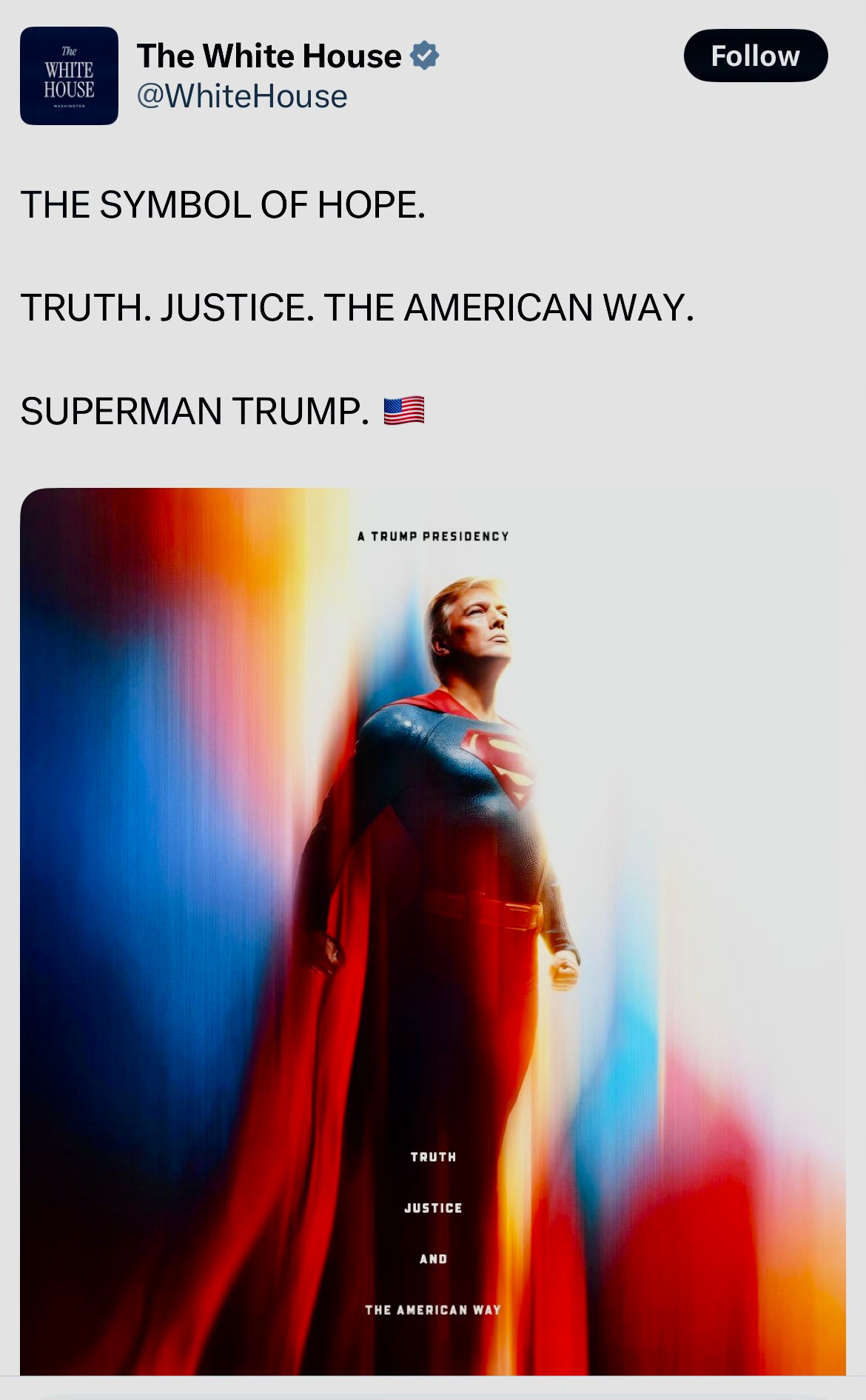Talkin’ English, &c.
On our extraordinary language; the French Revolution; “Shylocks”; American and un-American; LeBron James and golf; and more
Usually, people have questions for Merriam-Webster: “What does this word mean?” Yesterday, Merriam-Webster had a question for us: “If YOU were in charge of the English language for a day, what is one thing you would absolutely change?” My friend Kathryn Jean Lopez forwarded the question to me and others.
I thought about it. Several answers came to mind. I finally settled on this one:
I would change nothing about our language. I would keep it just as it is: messy, protean, evolving. I would not even eliminate its ambiguities.
Moreover, English is like Anglo-American culture at large: absorbing of influences from every corner of the earth. We grow and grow, organically. We will never have a language academy, à la France or Spain.
Can we say that English is one of the greatest tools at the disposal of man? Those of us who were born into it are darn lucky.
***
Yesterday was Bastille Day. I have long been of two minds about the French Revolution—or more than two. On some days, I think: You can draw a straight line from 1789 to 1917 and on to the Khmer Rouge.
Pol Pot married his first wife, Khieu Ponnary, in 1956—on Bastille Day. Their holy day. (They were both French-trained Communists.)
But this is not entirely fair, I realize. The French Revolution is more than the Terror.
On X yesterday—isn’t that a somewhat brutish name for “Twitter”?—I wrote,
Happy Bastille Day, and vive la France. I have a question for my learned and thoughtful friends: On balance, was the French Revolution good or bad for mankind?
The answers were interesting, and I would like to paste one. It comes from Peter Kurrild-Klitgaard, whom I met in Copenhagen earlier this year. He is a prominent Danish political scientist and newspaper columnist. Wrote PKK (not to be confused with the Kurdish terror group!),
On balance: Bad. Some good things associated (at least until 1790-1791), but the world would have had the good things anyway (via UK and US) and could have done well without the collectivism, aggressive nationalism, hyperrationalism, Reign of Terror, and Napoleon’s wars.
The French Revolution will be debated until the end of time, almost surely . . .
***
You may have noticed a little kerfuffle a couple of weeks ago. I will quote a headline and subheading from the New York Times (over this article). That will be enough to tell the tale.
The headline: “Jewish Leaders Denounce Trump’s Use of Centuries-Old Trope.” The subheading: “President Trump said he did not realize that the term ‘Shylock’ was viewed as antisemitic.”
I had a memory from 2008. A congressman from Georgia (Republican) referred to Senator Barack Obama and his wife, Michelle, as “uppity.” People reacted with dismay and condemnation, understandably.
The congressman pleaded that he had had no idea. He had not realized, he said, that “uppity” was a traditional putdown of black Americans.
This was hard to believe.
After I wrote about this matter in a column, I got some mail that said essentially this: “Jay, I like to think that I don’t live under a rock. I don’t consider myself sheltered. But, like the congressman, I had no idea.”
So, there you go.
***
Immigration is an important issue. A nation must have control over its borders. It is a matter of national sovereignty. But what do you think of the below communication, from our Department of Homeland Security? Does it strike you as quite . . . American? (I regard it as grotesque.)
***
The below, from our president, strikes me as . . . well, un-American. A recurring question is, “Who are we?”
***
Just one more communication, please, from an official White House account:
I want to type, “I’ll never get used to this. I’ll never accept this as normal.” But that would not be true. The truth, I’m afraid, is that I am used to this. It is a new normal—and, frankly, not all that new anymore.
***
Turn, now, to golf. LeBron James, one of the greatest athletes of our time, and all time, has taken up the game. Throughout the Internet, you can see him hit the ball: here, for example. I will give you my analysis (FWIW, i.e., for what it’s worth).
Say that LeBron’s body and talent equal $1 million. In his golf swing, he spends about 75 cents of it. But we can expect that number to go up . . .
***
Stick with golf, please. In a review for the Washington Free Beacon, I begin as follows:
Man is a ranking animal. He is not content for there to be a multiplicity of greats, all of roughly equal worth. No, there must be a No. 1, a No. 2, a No. 3 ... Man must rank.
When I was in college, I took a class from the anthropologist Richard Wrangham. I can’t remember what compelled him to say it, but he said, "Anthropologists are not ranked like tennis players, you know.”
When am I going to get to golf? In due course. But let me keep pasting, please:
The ranking fever certainly exists in music. Mozart or Beethoven? Or Bach? In the middle of the 20th century, who was the No. 1 pianist, Rubinstein or Horowitz? Who was the No. 1 soprano, Callas or Tebaldi? A little later, who was the No. 1 tenor, Pavarotti or Domingo?
Couldn’t you appreciate them all, for their various gifts? No fair. The ranking imperative must prevail.
Finally, I get to golf—because I am reviewing a book that ranks the outstanding players of the game from No. 100 to No. 1. Interesting exercise (and not a little contentious).
***
In my column on Sunday, I posted a picture, snapped in New York, and said, “Who dis? Not the guy from Sesame Street, right? A cousin?” Here is that picture:
A helpful reader has sent me an article, whose headline is “Mysterious Sculpture by Danny Cole Surfaces Atop the NYC High Line.” Hmmm. The subheading says, “It’s not clear whether the piece was commissioned or not.”
In the article, we read, “The yellow comical figure somewhat resembles Bert from Sesame Street,” but without the “unibrow” or hair, and with “a slightly rounder face.”
***
And now, a sentence I love: “Ding dang, Rebekah Del Rio, that was aces!” I found it in an obit: “Rebekah Del Rio, Mournful Singer of ‘Mulholland Drive’ Fame, Dies at 57.” She auditioned for David Lynch, the film director (whose Mulholland Drive came out in 2001). She was singing a Spanish-language version of “Crying,” by Roy Orbison.
I’ll let Miguel Salazar tell the story, in his obit:
Dressed head to toe in light blue, she sang until Mr. Lynch cut her off halfway through. He ushered her into his home recording studio, where she recorded the song in a single take.
“Ding dang, Rebekah Del Rio, that was aces!” she recalled him saying.
That sentence ought to enter some golden treasury.
I think I’ve written enough sentences for now (not as good as David Lynch’s). Thanks and see you.








"Yesterday, Merriam-Webster had a question for us: 'If YOU were in charge of the English language for a day, what is one thing you would absolutely change?'
I happened to run across the familiar confusion of heroin/heroine yesterday, prompting me to remark that I wished "heroine" were pronounced as I used to mispronounce it in childhood, hero-een (to rhyme with "Halloween") so that it'd be easier to distinguish narcotics from female protagonists.
Interesting meditations as always, Jay. Thank you.
"On X yesterday—isn’t that a somewhat brutish name for “Twitter”?"
Yes it is, so I now call it 'TwiX'. A bit better, eh?